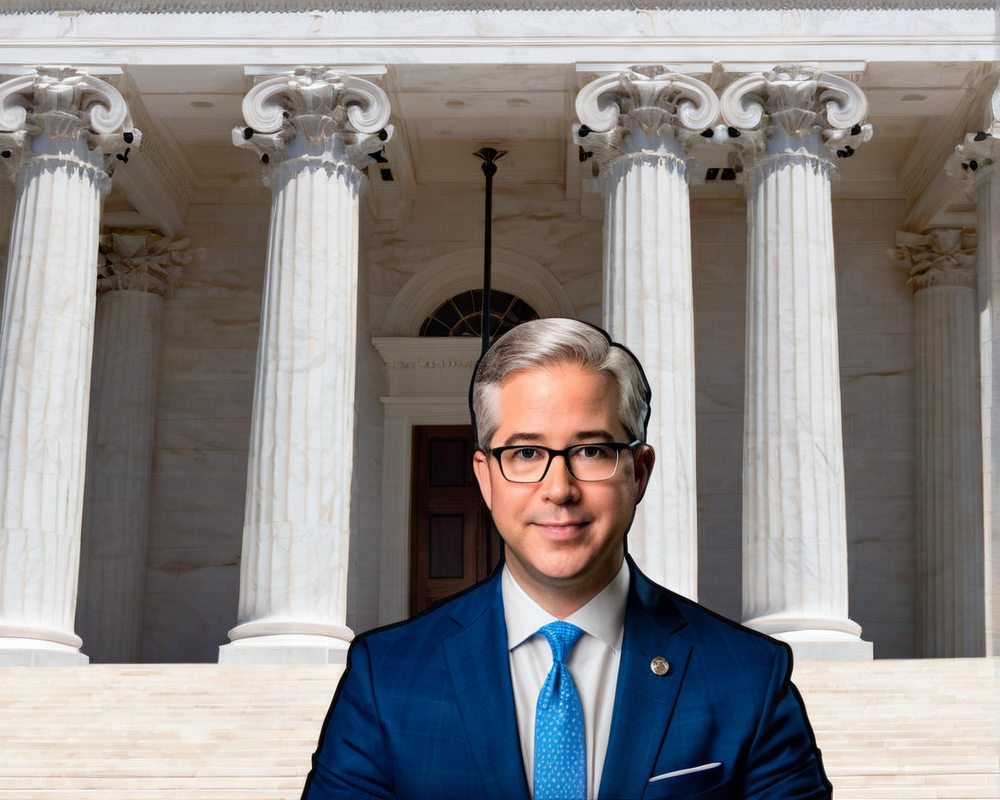Return to Real-World Solutions
Patrick McHenry, the ranking member of the U.S. House of Representatives Financial Services Committee, has articulated the need for a more grounded conversation around financial technology, particularly regarding the regulation of stablecoins. In a recent address, McHenry emphasized that discussions should pivot towards addressing tangible issues related to digital assets rather than becoming entangled in abstract debates.
Current State of Stablecoin Legislation
McHenry pointed out the absence of a federal definition for digital assets and stablecoins, labeling the current landscape as “retrograde.” He, along with House Financial Services Chair Maxine Waters and the Treasury Department, has been involved in negotiations for several months to develop a legislative framework aimed at stabilizing the regulation of stablecoins, particularly significant as midterm elections approach and Washington becomes increasingly divided.
Progress Towards Bipartisanship
McHenry expressed optimism about the bipartisan efforts taking shape in the drafting process, acknowledging trade-offs made between himself and Waters. He highlighted that this legislation focuses on a tightly defined set of assets with 1:1 backing and no leverage, stating: “We agree on the asset. Then we get into more complex conversations.”
Challenges in Regulation
At the DC Fintech Week event, McHenry raised critical questions concerning the mechanisms for holding stablecoins, regulation of digital wallets, and designating a federal regulatory body overseeing them. He remarked that navigating these decisions is “less science, more art,” illustrating the complexities involved in crafting effective regulatory measures.
Future Leadership and Focus on Crypto
Looking ahead, McHenry is poised to prioritize cryptocurrency regulation if he assumes the chair position of the Financial Services Committee following the midterm elections, contingent on the Republican Party securing a majority in the House. His longstanding advocacy for bipartisanship reflects the potential for more streamlined discussions and solutions in the regulatory space.
Concurrent Legislative Efforts
Waters, who briefly addressed the conference a day earlier, echoed McHenry’s sentiments on stablecoin regulation, emphasizing the importance of user-friendly technology, especially for individuals often excluded from the traditional financial system. In line with these discussions, on October 3, the Treasury Department’s Financial Stability Oversight Council called upon lawmakers to pass legislation that will allocate regulatory authority for crypto assets.
Existing Legislative Proposals
Several bills are currently in play to regulate crypto, including the Digital Commodities Consumer Protection Act of 2022 in the Senate, alongside the Lummis-Gillibrand Responsible Financial Innovation Act and the Digital Commodity Exchange Act of 2022 in the House. Each of these proposals aims to clarify the regulatory environment for cryptocurrencies and stablecoins.
Conclusion
As the conversations surrounding cryptocurrency and stablecoins evolve, the focus on creating clear definitions and regulations becomes paramount to promoting innovation while safeguarding consumer interests. Legislators like McHenry and Waters are stepping forward to guide these discussions, paving the way for future developments in the crypto regulatory landscape.




